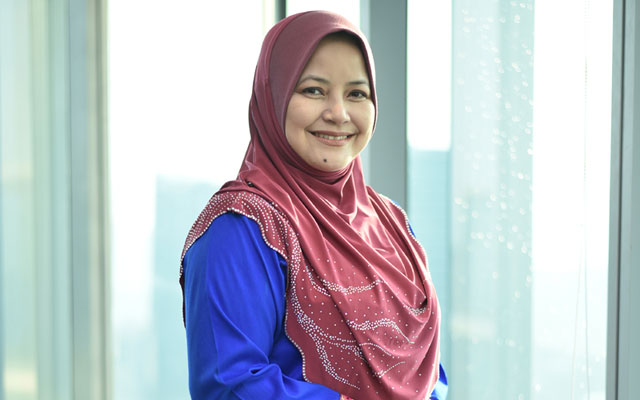Malaysia’s medical travel sector is turning to tele-consultation and digital services to provide continuity in foreign patient care as travel restrictions suppress medical tourist arrivals and dent hospital revenue.
Malaysia Healthcare Travel Council (MHTC) CEO, Sherene Azli, anticipates a 70 per cent reduction in hospital receipts to between RM500 million (US$122.3 million) and RM600 million by this year-end – a shadow of 2019’s performance. Last year was a record-breaking year for Malaysia’s medical tourism sector, with some 1.3 million medical traveller arrivals on record, making the country the top destination for medical tourism in the world.

Nadiah Wan, CEO, Thomson Hospital Kota Damansara and group CEO of TMC Life Sciences, explained that medical tourism arrivals were reduced due to tight border controls and travel restrictions that have also translated into stricter government requirements that medical travellers have to abide by as well as complex logistics and safety measures that medical facilities must undertake.
Speaking on the Collaboration for an agile future in healthcare travel panel during the insighHT2020 virtual conference organised by MHTC, Nadiah added that the pandemic has also altered the profile of medical tourists to Malaysia. Prior to the pandemic, Thomson Hospital used to receive customers mainly from South-east Asia seeking fertility treatment, which is an elective procedure. Today, medical travellers are approaching the hospital for critical procedures such as brain or cardiovascular surgeries.

Fellow speaker, Ronald Koh, president/CEO, Penang Adventist Hospital, said the pandemic and travel crisis have put private hospitals in Penang, a top medical tourism destination in Malaysia, on “survival mode”.
To reverse the slide in foreign customers, Penang Adventist Hospital has invested in digital solutions to allow doctors to conduct tele-consultations with patients who are unable to travel to Penang for treatment, as well as to prescribe digitally, receive virtual payments and deliver medicines to the homes of foreign patients.
Stanley Lam, CEO of Mahkota Medical Centre in Melaka, noted a mindshift among doctors who have learnt to adapt and use online platforms for tele-consultations.
On its part, MHTC is helping to drive a rebound in the industry through a three-prong strategy: aggressive publicity and branding campaigns showcasing Malaysia’s excellence in healthcare while at the same time building trust and new partnerships; providing support and facilitating end-to-end infrastructure including the adoption of digitalisation; and thirdly, building Malaysia as a thought leader in medical tourism.




















